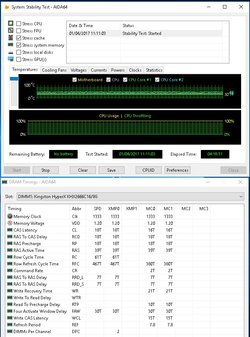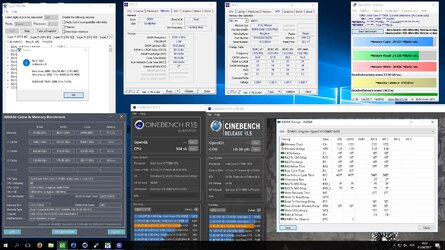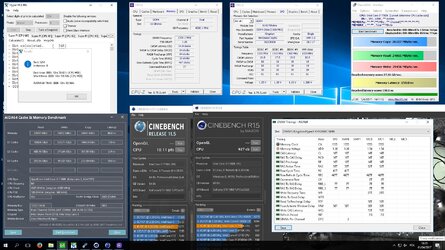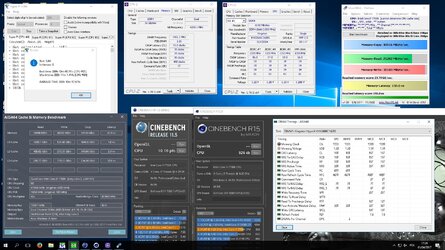Couple of days ago Kingston released Fury 2666 memory kits. Before higher capacities were available up to 2400. Some users could say what can be interesting in lower frequency memory kits. This memory has one quite unique feature and I'm not sure why other memory manufacturers are not following Kingston. I mean that Fury series has SPD profile = XMP. There is no 2133/2400 setting. Memory runs at 2666 at default on every motherboard which supports higher frequency, even if there is no memory frequency option in BIOS. The same we can see in Impact memory series for laptops. Most laptops don't have memory frequency adjustment options but still if CPU and chipset let for higher frequency then Impact memory runs higher than standard Jedec 2133/2400 settings.
HyperX Fury has low ( or maybe I should say standard ) profile heatsinks which are asymmetric. It looks pretty good on probably all motherboards and there are no issues with any CPU cooling solutions.





We could expect to see Hynix IC under the heatsinks but there are Microns. Below is screenshot from Thaiphoon Burner software which is showing more details about used memory chips.

XMP profile works without issues on Maximus IX APEX. However SPD/auto settings are the same so it doesn't really matter if we enable XMP or not.

HyperX Fury has low ( or maybe I should say standard ) profile heatsinks which are asymmetric. It looks pretty good on probably all motherboards and there are no issues with any CPU cooling solutions.
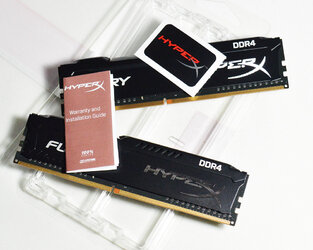


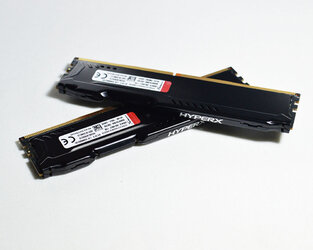

We could expect to see Hynix IC under the heatsinks but there are Microns. Below is screenshot from Thaiphoon Burner software which is showing more details about used memory chips.

XMP profile works without issues on Maximus IX APEX. However SPD/auto settings are the same so it doesn't really matter if we enable XMP or not.
